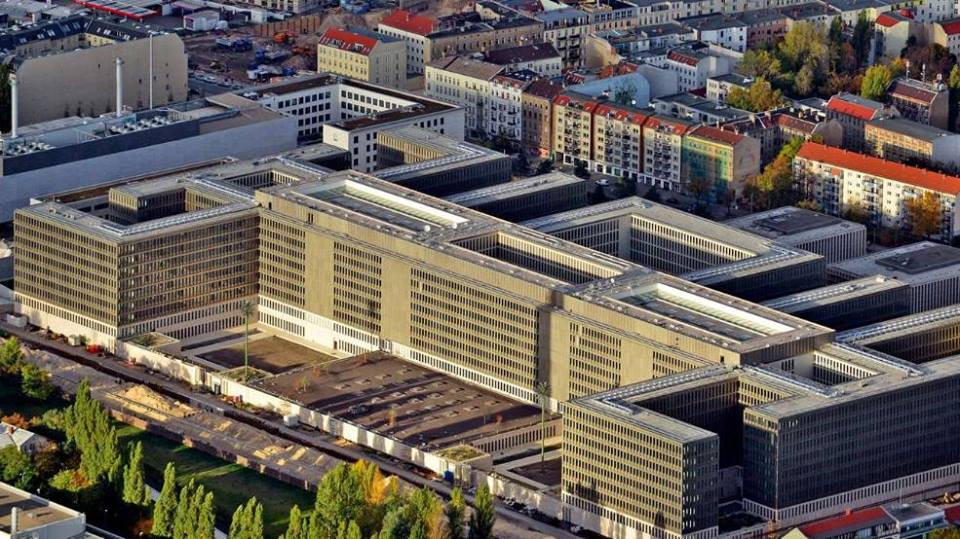Fighting mass surveillance is somewhat overwhelming.
But it’s not only a matter of laws, legal issues and government policies. It’s also a matter of mindset.
Too often society focus on the negative, just making things worse. The war on terror seems to have created more terrorists. The war on drugs seems to have caused us more drug related problems. And so on.
So, maybe we ought to shift focus from mass surveillance to privacy.
Instead of fighting a flood of new laws, sneaky intelligence organisations, panic-stricken politicians and bully-boy security contractors on details — maybe we ought to take more time to explain why privacy is so important. Instead of primarily focus on specific elements in legislation — maybe we should fight more often on principle.
Of course we will have to fight at both these front lines. But, seriously, it might be a good thing to put more time and energy into the positive side of this issue.
Politicians, security bureaucrats and the security industry will always have an advantage when we fight by their rules, arguing over details in their schemes. But they will have a much harder time defending mass surveillance if the debate is more about respecting or denying the people its right to privacy.
It’s all about reframing the debate.
One way to do this might be to campaign for various parliamentary assemblies to introduce bills and resolutions declaring that there shall be no surveillance aimed at people who are not suspected for breaking the law.
That might put the shoe on the other foot.
It would place politicians in a situation where — instead of pretending to protect the public from some vague dangers — they will have to explain if they are willing to respect citizens fundamental right to privacy or not.
Such an approach could actually make politicians listen, as it might affect peoples willingness to vote for them.
/ HAX
